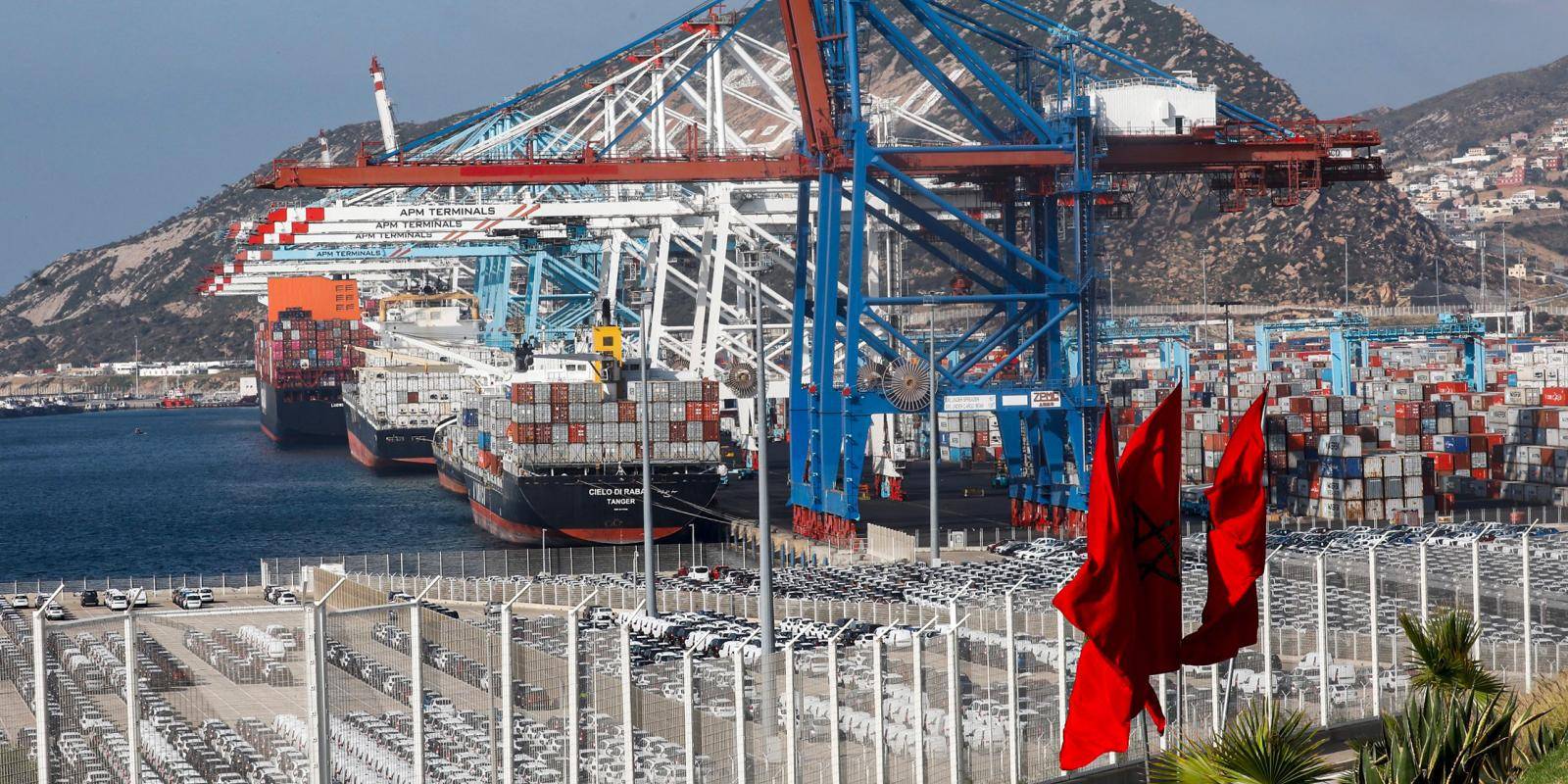As the world grapples with unprecedented challenges in 2023, the global crisis has cast a profound shadow over various sectors, with international trade standing at the forefront of economic turbulence. The intricate web of interconnected economies has been significantly affected by the ongoing crisis, reshaping trade dynamics and prompting nations to adapt swiftly to this evolving landscape.
The Unraveling Tapestry of Global Trade:
The global crisis, which originated from a complex interplay of health, economic, and geopolitical factors, has sent shockwaves through international trade. Supply chains have been disrupted, demand patterns have shifted, and geopolitical tensions have added an additional layer of complexity.
- Supply Chain Disruptions: The pandemic has exposed vulnerabilities in global supply chains, prompting a reevaluation of the ‘just-in-time’ model. Lockdowns, restrictions, and labor shortages have disrupted the production and transportation of goods, causing delays and pushing businesses to reassess their supply chain strategies. This has led to a renewed focus on resilience and diversification.
- Changing Consumer Behavior: The crisis has altered consumer behavior, with preferences shifting towards e-commerce and contactless transactions. As a result, industries reliant on traditional retail channels are experiencing challenges, while those embracing digital platforms are finding new opportunities. Adapting to these changing consumption patterns has become imperative for businesses aiming to thrive in this dynamic environment.
- Geopolitical Challenges: Geopolitical tensions have further complicated the international trade landscape. Trade disputes, sanctions, and protectionist measures have become more prevalent, creating uncertainties for businesses engaged in cross-border activities. Navigating this complex geopolitical terrain requires diplomatic finesse and strategic planning.
Adapting to the New Normal:
Governments, businesses, and international organizations are actively pursuing strategies to mitigate the impact of the crisis on global trade. Here are some key approaches being undertaken:
- Diversification and Resilience: Businesses are reevaluating their supply chain strategies to reduce dependence on a single source or region. Diversification and building resilience are critical components in adapting to unforeseen disruptions.
- Digital Transformation: Embracing digital technologies has become essential for businesses looking to stay competitive. The shift towards e-commerce, digital payments, and remote work is not only a response to the crisis but also a transformative journey towards a more technologically-driven future.
- Global Cooperation: The crisis has highlighted the interconnectedness of nations. International cooperation and collaboration are crucial for addressing shared challenges. Trade agreements, forums, and alliances play a vital role in fostering global economic stability and recovery.
Conclusion:
The global crisis of 2023 has undoubtedly left an indelible mark on international trade, reshaping the way nations conduct business with each other. As we navigate the complexities of this evolving landscape, adaptation, innovation, and global cooperation will be pivotal in rebuilding and fortifying the foundations of a resilient and interconnected world economy. The lessons learned from these challenging times will undoubtedly shape the future of international trade for years to come.



